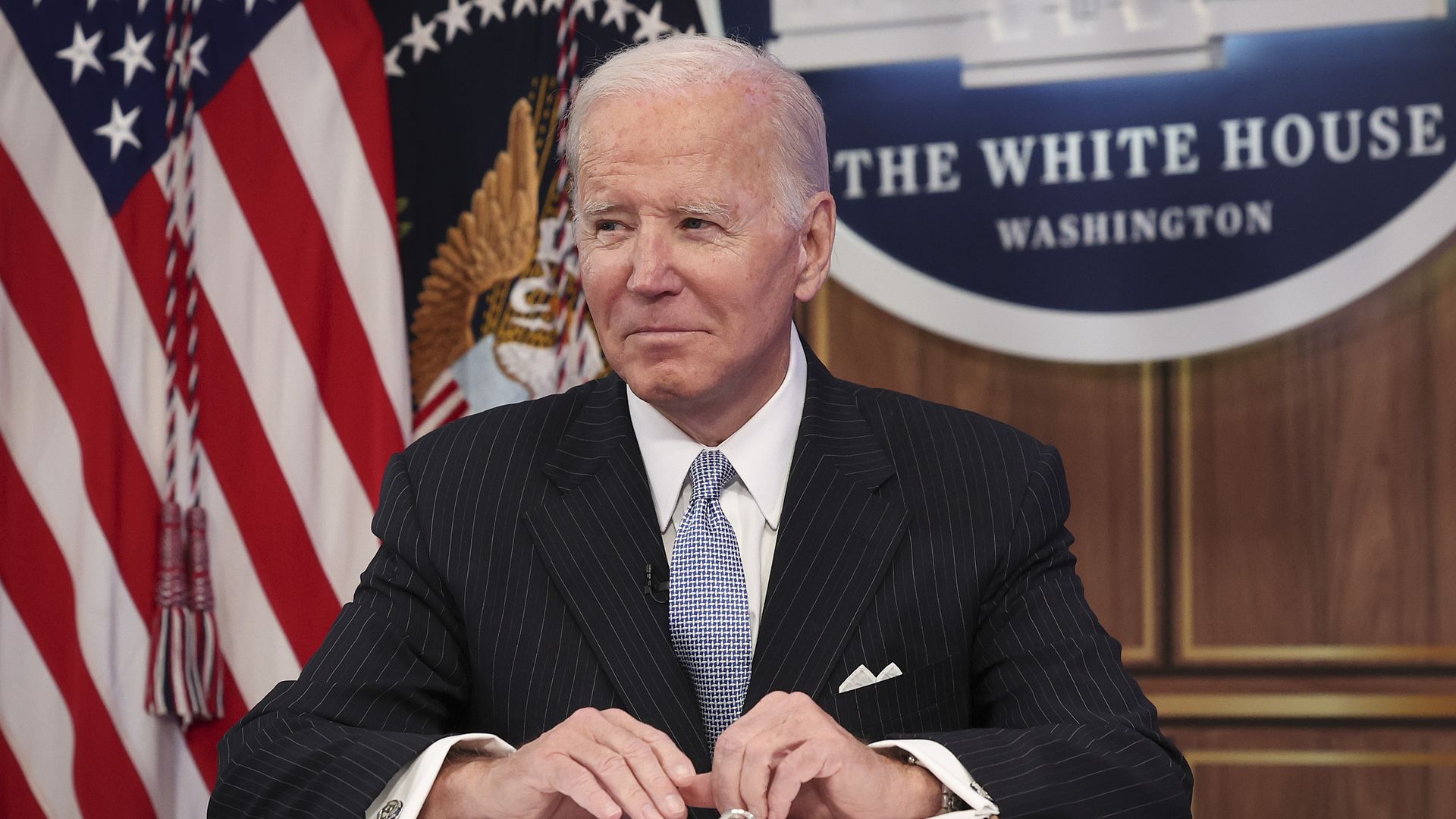
President Samia Suluhu Hassan Unveils Major Agricultural Reforms
President Samia Suluhu Hassan has introduced a series of significant reforms aimed at strengthening the agricultural sector in Tanzania. These measures include merging Cooperative Week with the annual Farmer’s Day (Nane Nane) exhibitions and relocating the headquarters of agricultural extension services to the Nzuguni grounds in Dodoma. The initiatives were announced during the climax of the Nane Nane exhibitions on August 8, 2025, and are designed to enhance accessibility for farmers while elevating the importance of the event.
One of the key directives is to merge Cooperative Week, which is traditionally held every July, with the Nane Nane exhibitions. This move is intended to provide farmers with a comprehensive platform to access essential services in one location. Additionally, the President instructed the Ministers of Agriculture and Livestock to extend the exhibition period by two days, allowing exhibitors more time to showcase their products and innovations. She also urged that preparations for next year’s event begin at the end of July, ensuring farmers have sufficient time to prepare adequately.
In a gesture of recognition, the President announced that the Nzuguni grounds will be named after former Prime Minister John Malecela. While she received several suggestions for names, including her own, she chose to honor Malecela for his contributions to the nation.
Strengthening Agricultural Extension Services
The President emphasized the need for agricultural extension services to be more accessible to farmers. She noted that the Ministry of Agriculture had implemented reforms last year, and the relocation of the extension services’ headquarters to the Nzuguni grounds would ensure that officers are available to farmers without intimidation or discouragement. This change aims to make it easier for farmers to access both inputs and expert advice when they visit the grounds.
She also highlighted the government's efforts to boost investments in agriculture, livestock, and fisheries. Significant progress has been made, with the agriculture budget increasing from Sh200 billion to Sh1 trillion this year. In the livestock and fisheries sectors, over 600 youth have benefited from the Building a Better Tomorrow (BBT) program, which empowers young people to become self-employed and contribute to the national economy.
Advancements in Agricultural Technology
President Hassan visited a soil health testing laboratory and observed efforts in seed improvement before mass production. These developments ensure that farmers receive high-quality seeds, marking a major transformation in the sector and enhancing food security.
She also encouraged farmers to maintain government-provided equipment such as tractors and farming tools, emphasizing that these investments are crucial for national development. The government plans to continue increasing its investment in strategic crops like sunflower, with steps already underway to support this initiative.
Economic Growth and Market Trends
Minister of Agriculture Hussein Bashe provided an overview of the sector's growth. Four years ago, the total value of agricultural inputs was less than $320 million, but due to technological advancements and increased education, this figure has more than doubled to $712 million this year. However, challenges remain, particularly in land preparation. To address this, the government plans to procure equipment and establish 1,000 mechanization centers where farmers can rent tools at affordable rates.
Currently, tobacco auctions are ongoing, with an average selling price of $2.5 per kilogram and production exceeding 180,000 tonnes—a record high since independence. Farmers have been paid Sh400 billion so far, with projections reaching Sh600 billion by the end of the season.
Tanzania has also emerged as the second-largest exporter of pigeon peas globally, having exported 250,000 tonnes to India, generating over $300 million in revenue. Despite recent price fluctuations, the government is working with India to establish a forward contract system that will guarantee farmers fixed prices before each planting season.
Success Stories and Future Prospects
Mtwara Cooperative Union Chairman Mr. Azamu Mfaume highlighted the government’s strong support for farmers, especially since the 2022 farming season. A total of Sh736 billion has been allocated as subsidies for cashew farming inputs, leading to a significant increase in production. For the first time since independence, cashew prices reached Sh4,195 per kilogram, and farmers were able to travel to Vietnam to learn modern processing techniques.
Crop theft has also declined due to the implementation of the Tanzania Mercantile Exchange (TMX), which allows farmers to monitor market prices via mobile phones, reducing exploitation by middlemen.
Mr. Msindai Salila, a beneficiary of the BBT program in the livestock sector, shared his success story. As one of 600 enrolled youth, he has earned over Sh100 million from livestock sales, including exports to neighboring countries.
These developments reflect a broader commitment to transforming Tanzania’s agricultural landscape, ensuring sustainable growth and improved livelihoods for farmers across the country.
